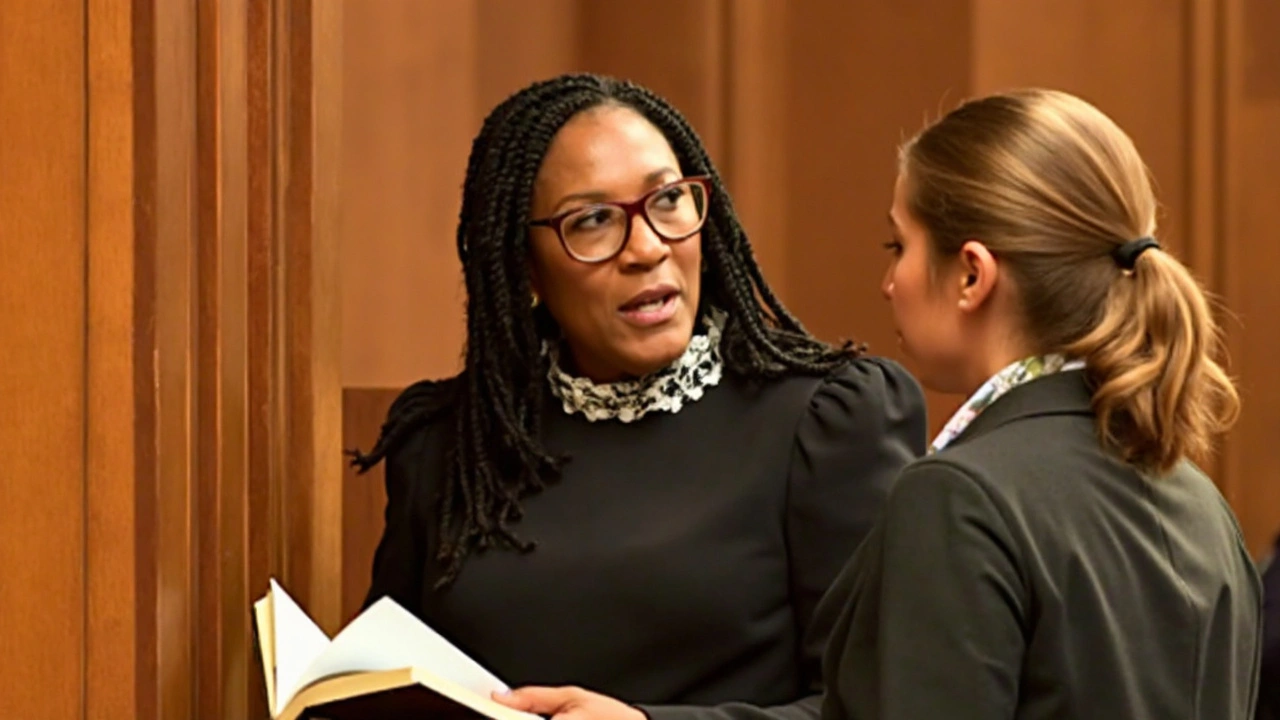
In a harrowing chapter of South Africa's justice chronicles, the brutal case of Andy Kawa, a businesswoman from Gauteng, finally saw progress after more than a decade of uncertainty. Back in 2010, Kawa experienced a gruesome ordeal when she was abducted, blindfolded, and subjected to a relentless 16-hour attack near Kings Beach, Gqeberha. Despite the severity of the crime, justice seemed out of reach until a pivotal development emerged in January 2024.
Through a DNA match, Moses Gqesha was identified as a suspect in this decade-old case. Remarkably, the path to this breakthrough was far from straightforward. Gqesha had previously been apprehended for theft in 2020, yet charges were withdrawn, and his DNA wasn't linked to Kawa's tragedy until 2023. Despite these delays, the pieces finally fell into place, leading to his arrest.
Trial Unfolds Amidst Unyielding Challenges
By March 2025, the legal proceedings were underway, with high stakes on both sides. Gqesha faced a multitude of charges, including eight counts of rape, kidnapping, robbery, and assault. Even so, he pleaded not guilty to these accusations, only acknowledging guilt for theft-related charges. This left Kawa in the daunting position of reliving her tormenting experience in a public forum.
During her testimony, Kawa courageously recounted the chilling details of her captivity, underscoring the persistent psychological scars inflicted upon her. She grappled with probing cross-examinations that dissected her statements, including a controversial account of apologizing for a wound on her assailant's face, an act she described as a desperate attempt to remain alive under extreme duress.
Her daughter, Celi, voiced her frustrations loudly over the procedural delays that seemed to benefit only the defense. She lambasted the evident disparity in legal resources and the drawn-out nature of the proceedings that continue to retraumatize victims seeking closure.
Reflecting on Broader Systemic Concerns
The unfolding saga of Andy Kawa’s case shines a spotlight on the systemic delays and deficiencies within South Africa's justice system. The drawn-out timeline from initial assault to arrest, and then to the trial, highlights potential inadequacies in handling sensitive cases effectively and efficiently. The emotional strain on survivors compelled to re-engage with their trauma in court is a pressing concern that demands attention.
While DNA technology offered a crucial breakthrough in this instance, the delays inherent in the justice process draw attention to the need for systemic improvements. This case has not only reopened old wounds for Andy Kawa and her family but also serves as a stark reminder of the gaps in protecting and providing swift justice for victims across the nation.





